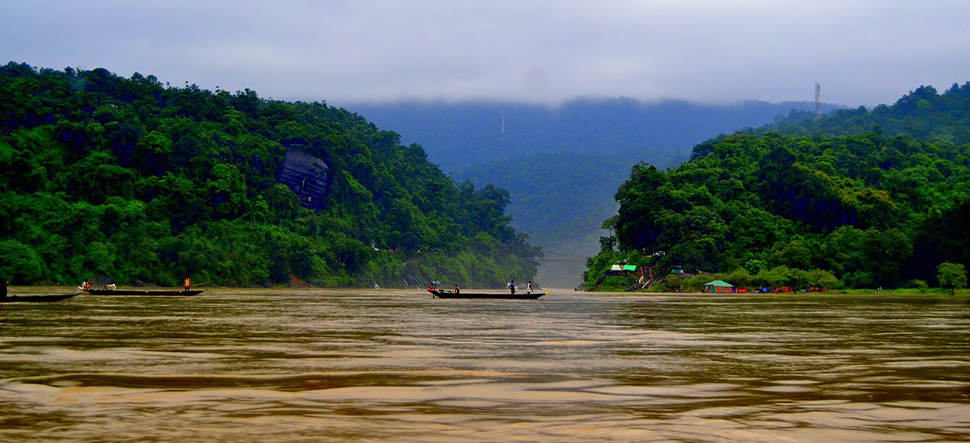
24, September 2023
Rights for the Rivers
“Rivers are the arteries of our planet; they are lifelines in the truest sense.” These are the words of Mark Angelo, founder of World Rivers Day, which celebrates the planet’s waterways on the fourth Sunday of every September. Angelo is, of course, absolutely right; our rivers are vital, yet sadly they are also at risk because of human activity. But the Rights of Nature movement is offering hope to rivers – by granting them the same legal rights as people.
What Are Rights of Nature?
Rights of Nature or Nature’s Rights is a movement built on the idea that precious, non-human entities can be protected if they are given legal personhood status. It stems from the notion that we as humans are a part of Nature, not separate from or above it – a way of thinking that is often the norm in indigenous communities around the world.
The revolutionary Nature’s Rights movement inspired our groundbreaking Nature on the Board model; Nature is represented in our board meetings by an expert Nature lawyer, so that it gets a vote and a voice in all the decisions we make as a company. It’s similar to a child being represented by a guardian in court.
Ecosystems and species can both be granted legal rights. In Ecuador, the Rights of Pachamama (Mother Earth) have been formally recognised in the country’s constitution since 2008. Throughout the world, rivers in particular are making great progress when it comes to being granted legal rights.
Which Rivers Have Been Granted Legal Rights?
In 2017, the Whanganui River in New Zealand was granted legal personhood status. The river has two officially-appointed guardians: one representing the Maori Indigenous people and one representing the government.
In 2019, all rivers in Bangladesh were given legal personhood status. Nine years earlier, three large rivers in the country had been declared ‘biologically dead’ – meaning they no longer contained any aquatic life at all. This was largely due to pollution from the textile industry. In a country where the vast majority of people live on floodplains, this affected crops and therefore food. The ruling gives the rivers – and people – of Bangladesh, essential protection.
In 2021, Canada’s Magpie River, known as the Muteshekau-shipu to the Indigenous Innu people of Ekuanitshit, was granted legal personhood. It now has nine specific rights, including the right to flow, the right for its natural evolution to be protected and preserved and the right to be safe from pollution.
We recently reported on the Komi Memem River being granted legal personhood, the most recent development in rights for rivers. This waterway, in the Brazilian Amazon, is the lifeblood of the Oro Waram people who live on its banks. Local leader and teacher Francisco Oro Waram, proposed the legal change. In June 2023, the municipality of Guajara-Mirim, passed the new law.
Bringing People Together
The Rights of Nature movement is not just about preserving our important natural resources, but about considering the point of view of indigenous people – and all humans working together for the good of the planet. It’s about a shift in our current ‘human-centric’ atittudes, so that we can give Nature the care and respect it derserves and urgently needs.
Do Any UK Rivers Have Legal Personhood Status?
You’ve probably seen the news about sewage getting dumped into many waterways in the UK, a sure sign they need protection, too. So far, no rivers in the UK have been granted legal personhood – but it might not be long before they are. In recent years, campaigners have called for personhood for the rivers Frome in Somerset, Findhorn in north-east Scotland and Cam in Cambridgeshire. And in March, Lewes Council passed a motion recognising Sussex’s River Ouse’s rights to protection. This innovative legislation could be the key to the future of not just our rivers, but the seas they flow into.
How Can I Find Out More?
Earth Law Center runs an initiative to define the basic rights to which every river is entitled: the Universal Declaration of River Rights. You can read about it here and read and sign the declaration here.



